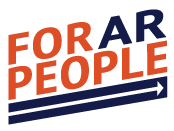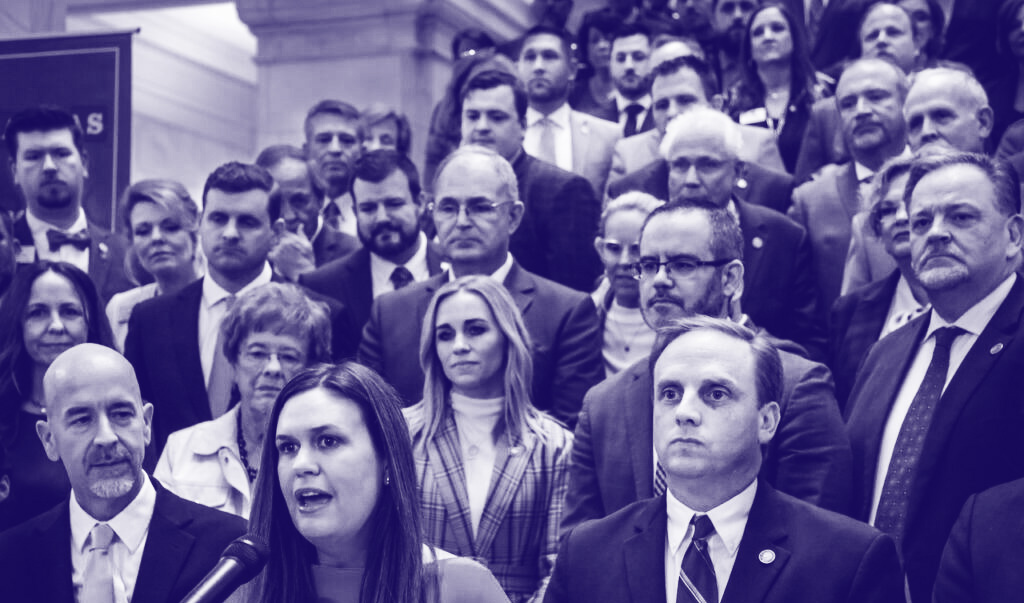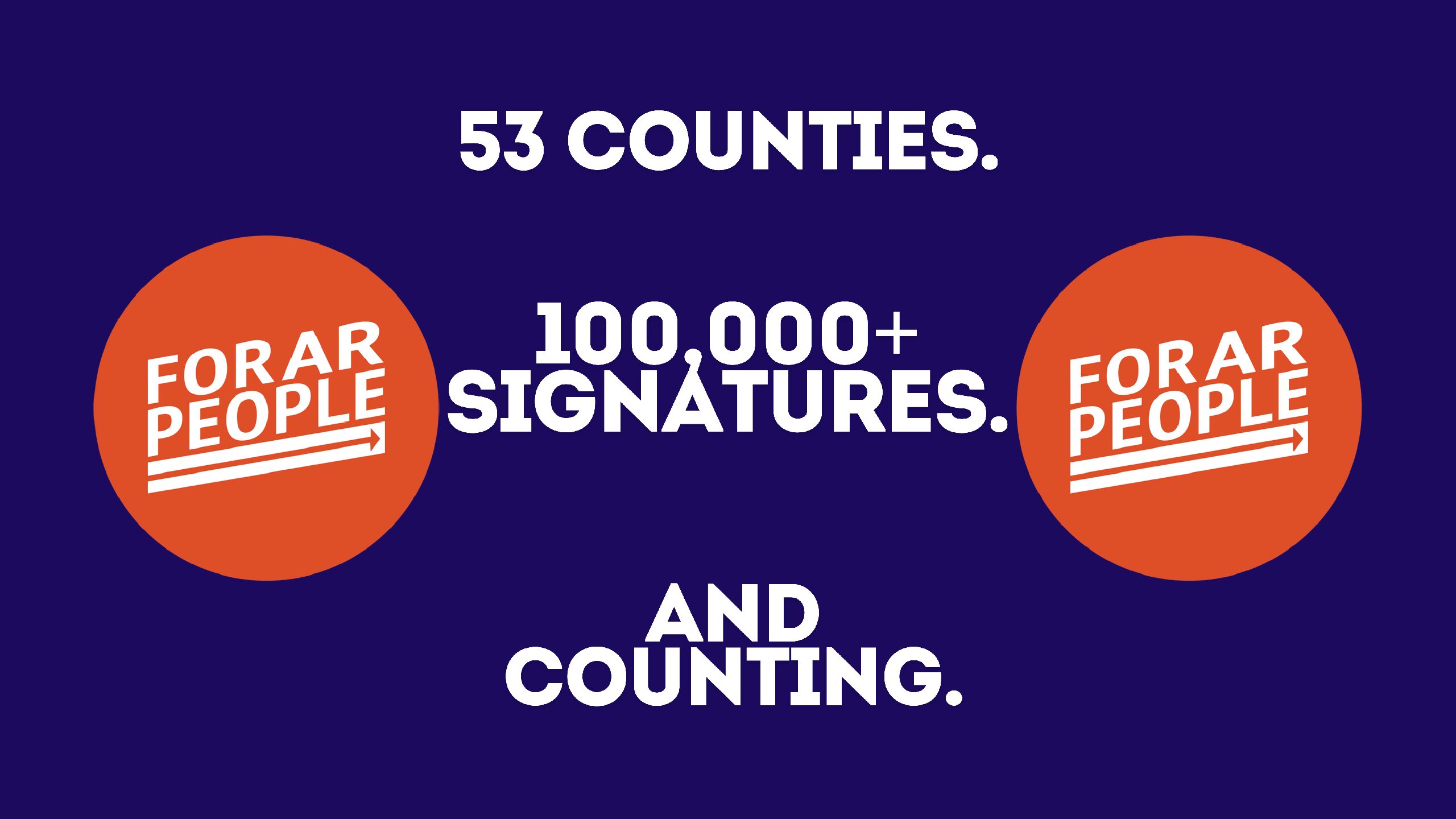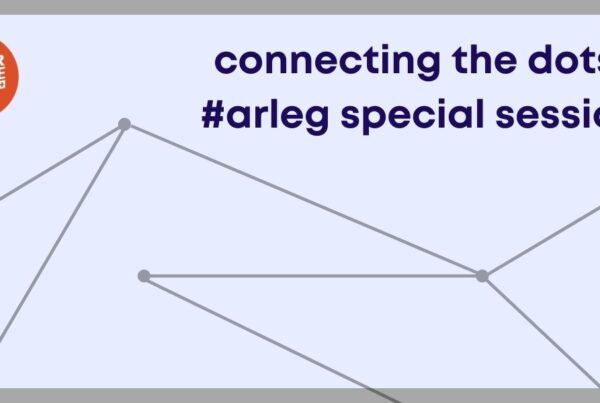The devil is in the details, and the LEARNS Act details are quite unholy
LEARNS is long, and it takes a minute to digest 144 pages of proposed education policy. We already knew the most egregious portions of the bill, like implementation of a universal voucher program by 2025, which could ruin our education system much like it did Arizona’s. And the bill does not address how any of these policy programs will be funded, which is an important contingent when the state has to conjure up millions of new dollars to pay for kids in private school.
But we aren’t going to address those big questions in this post. Instead, let’s dig into some details that demonstrate LEARNS is really about the money — not about the kids.
Kids can lose voucher accounts for low academic performance
The national school-choice lobby has very effective messaging: no kid should be trapped in a failing school because of his or her zip code. Kids and parents should be empowered to choose schools that are best for them. Yada yada yada.
But page 89 of the bill states that kids who fail to meet academic standards are ineligible to continue with the voucher program. The bill, however, does not define what these academic standards are. If a child applies to a private school with a voucher but has a disability, behavioral challenge, or really any other quality that a private school determines is below their standard, that kid gets booted. Private schools are not required to accept students who apply with vouchers, and private school are not required to continue educating students they deem unworthy. The bottom line: only certain kids are entitled to vouchers.
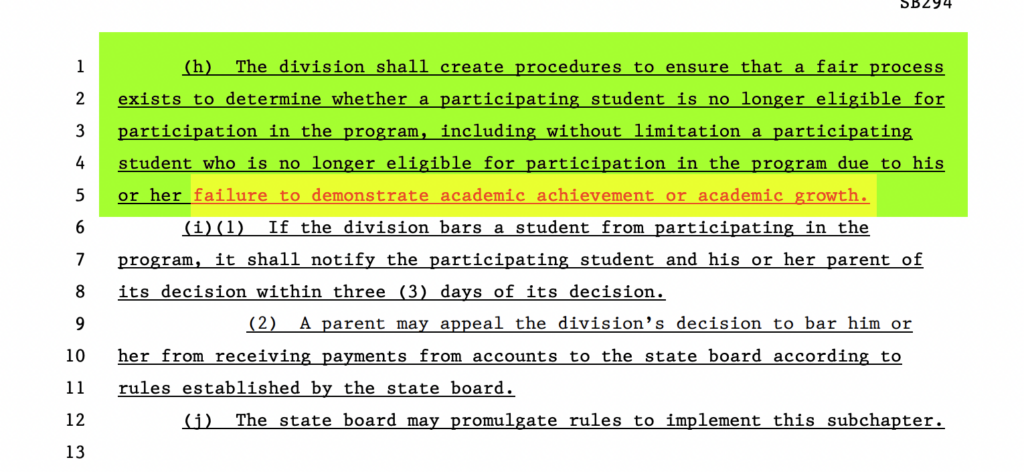
Institutions will make money off tax-payer funded voucher accounts
When politicians say it’s not about the money, that usually means it is. We’ve discussed how vouchers siphon public dollars from public schools. The program is set up so taxpayers subsidize families’ private school tuition costs, which is pretty gross. But who else stands to gain from the voucher scheme? Money management vendors.
On page 87, the bill states that voucher-account service providers can withhold up to 5% of the money in every voucher account “for the administration of the program.” If every student currently enrolled in private school (~26,000 Arkansas Students) applies for a voucher account, that’s about $192 million in voucher accounts for one school year. If account providers are skimming 5%, that’s $9.6 million a year of tax payer money going directly to voucher account providers.
UPDATE:
We’ve learned that up in New Hampshire, voucher accounts are operated by a single nonprofit: The Children’s Scholarship Fund of New Hampshire. The nonprofit has sole control of the program including the application process, receiving of funds, dispersement of funds, and oversight. In 2021, the program reported nearly $28 million in revenue. $1.2 million of that was spent on salaries for 7 people, all of whom earn over $100,000/year.
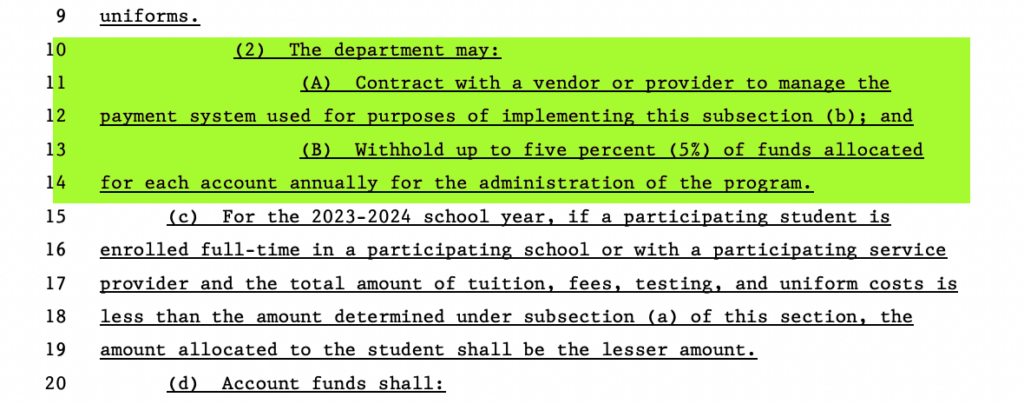
Public school teachers to be paid by merit, not experience or education level
LEARNS Act proponents want you to hear that starting teachers will now make $50,000 a year, up from the abysmal $36,000 new teachers previously made. That’s great, and one could assume such a generous bump in starting pay means all our teachers get a significant bump — but that’s not the case.
Teachers earning above the $50,000 threshold only get a $2,000 pay increase, which is much lower than the Democrat-proposed RAISE Act increase of $10,000 for all teachers. Additionally teachers will no longer receive pay bumps based on education levels or experience. Rather, the bill creates a merit-based pay program, which reward teachers via a “values-added model” (page 77) that includes criteria like student test scores and student performance.
This is very unpopular with teachers. Schools are not businesses, and teachers should not be treated like sales associates. A merit-pay model also begs the question: how do teachers who work with kids with disabilities stand to fare? Student performance is hard to quantify; a merit-pay program won’t incentive harder work because our teachers are already giving their all. Merit pay will only create an acrimonious environment for our educators.
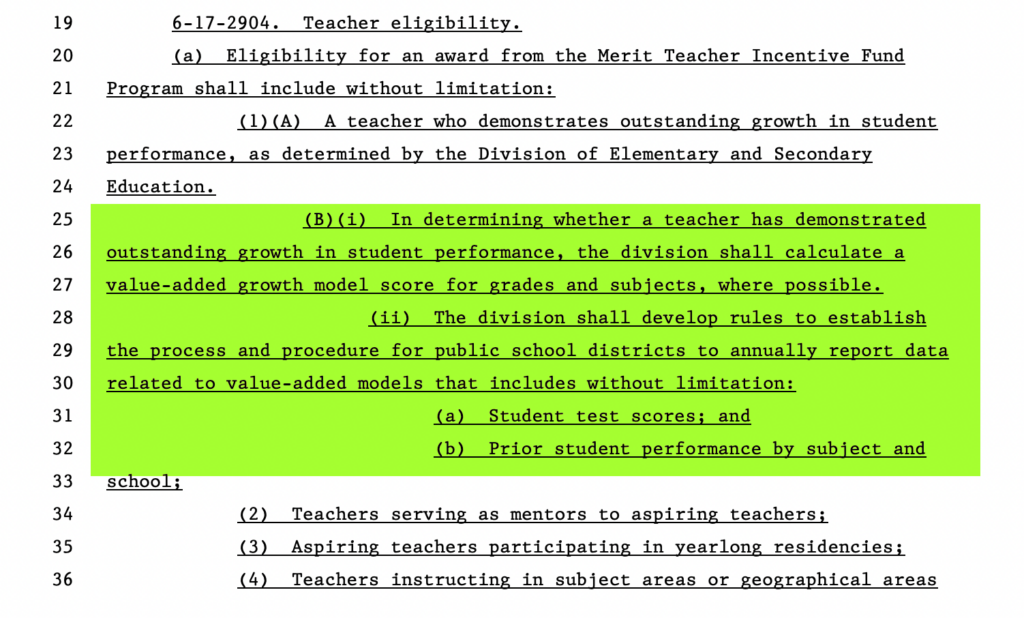
Arkansas can do so much better than the LEARNS Act. While some components are good, those who stand to benefit most from the policy are not our students or teachers. The real winners are those who will take our taxpayer money and use it to enrich their already privileged lives.
